Separation of Powers Metaphor
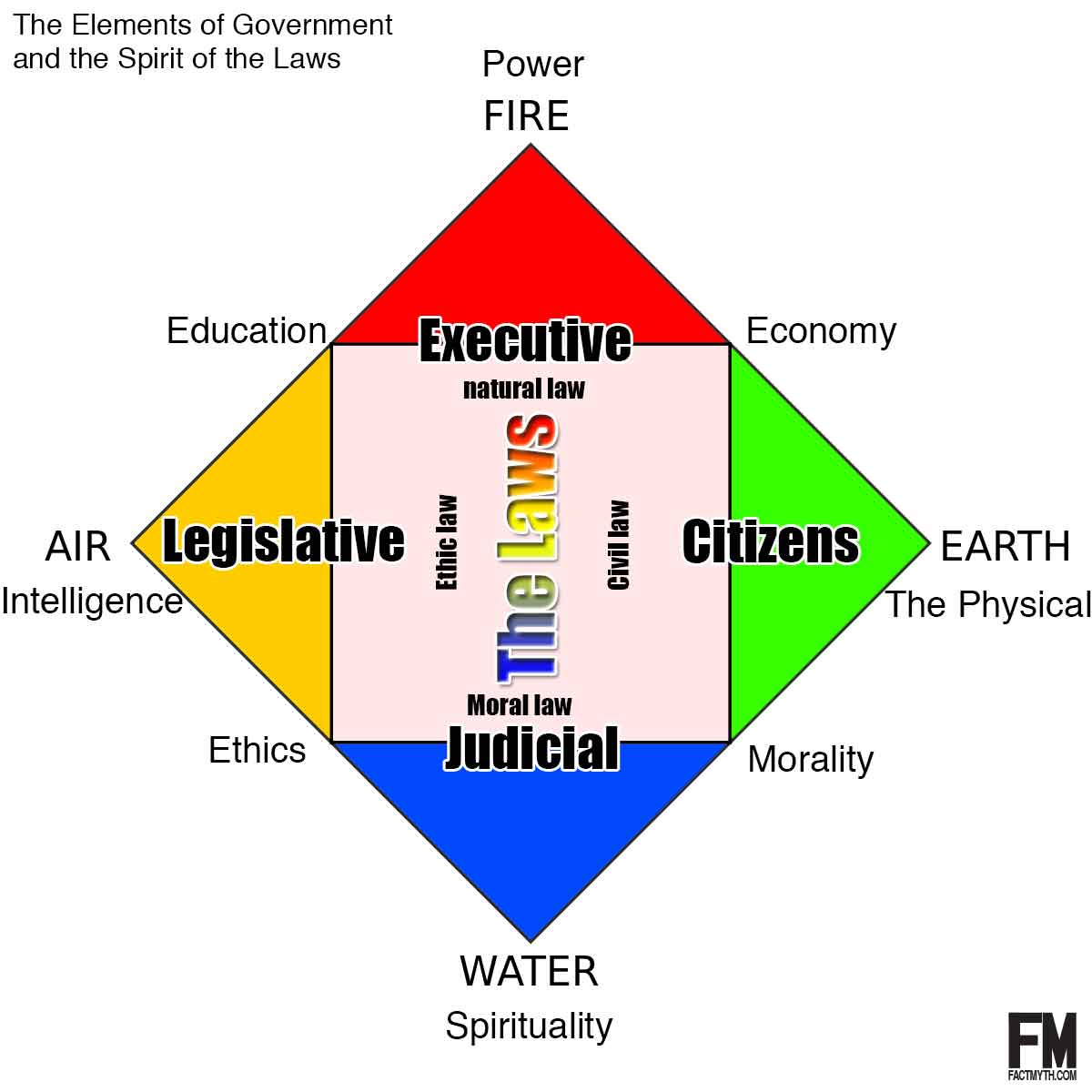
The four “elements” (or “powers”) that form the foundation of government can roughly be expressed as: citizens, executive, legislative, and judicial.
Morality describes a value system, not a value system pertaining to a religious belief, but a value system inherent in the human condition. This can be simplified to the concept of right and wrong.
Broadly morality, in terms of philosophy, describes an area of philosophy that looks at concepts like ethics and justice that arise from within the human condition, and not from within societal structures like legal systems, religions, and other groups (although it does dictate how we should manage these things).
Moral principles are ideally empirically gleaned (they are not meant to be gleaned from pure reason), and many attest that the first principle of morality is “happiness” (as Aristotle describes in his ethics or as John Stewart Mill describes in his theory utilitarianism).
Describing morality is a bit like describing emotions, very difficult in a small introduction. See the articles below for facts and myths on morality.
See Stanford Encyclopedia of Philosophy’s Definition of Morality.

The four “elements” (or “powers”) that form the foundation of government can roughly be expressed as: citizens, executive, legislative, and judicial.
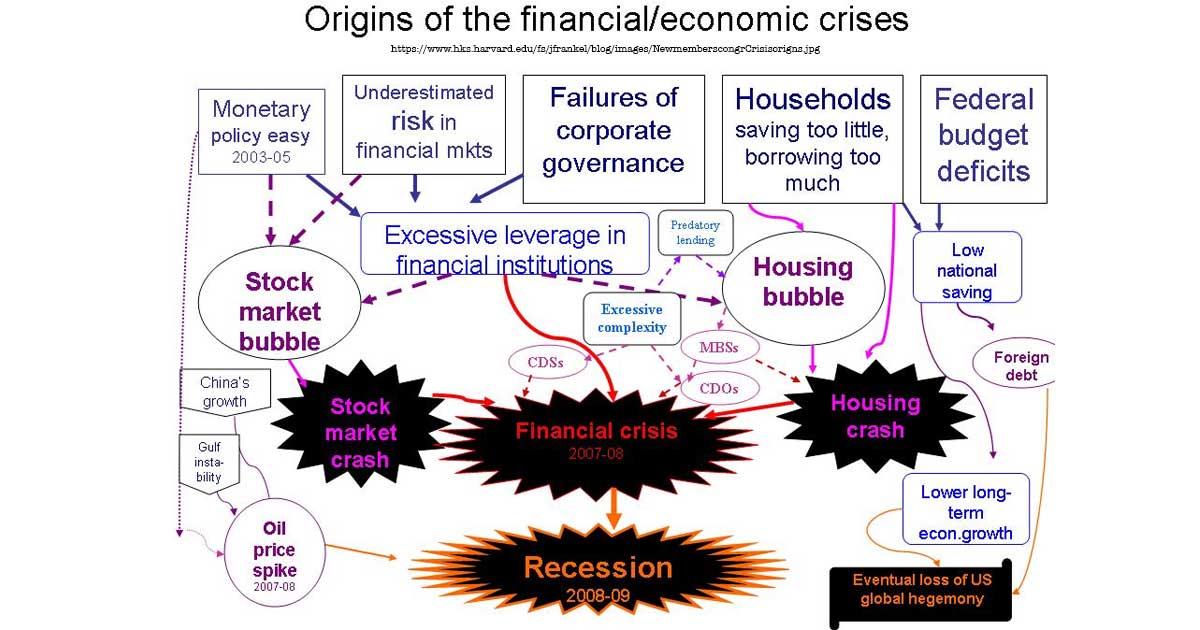
We explain the Financial Crisis / Great Recession of 2007 – 2009 that began with the 2006 housing bubble, led to a recession in the U.S. by December 2007, and became a global crisis by 2009.
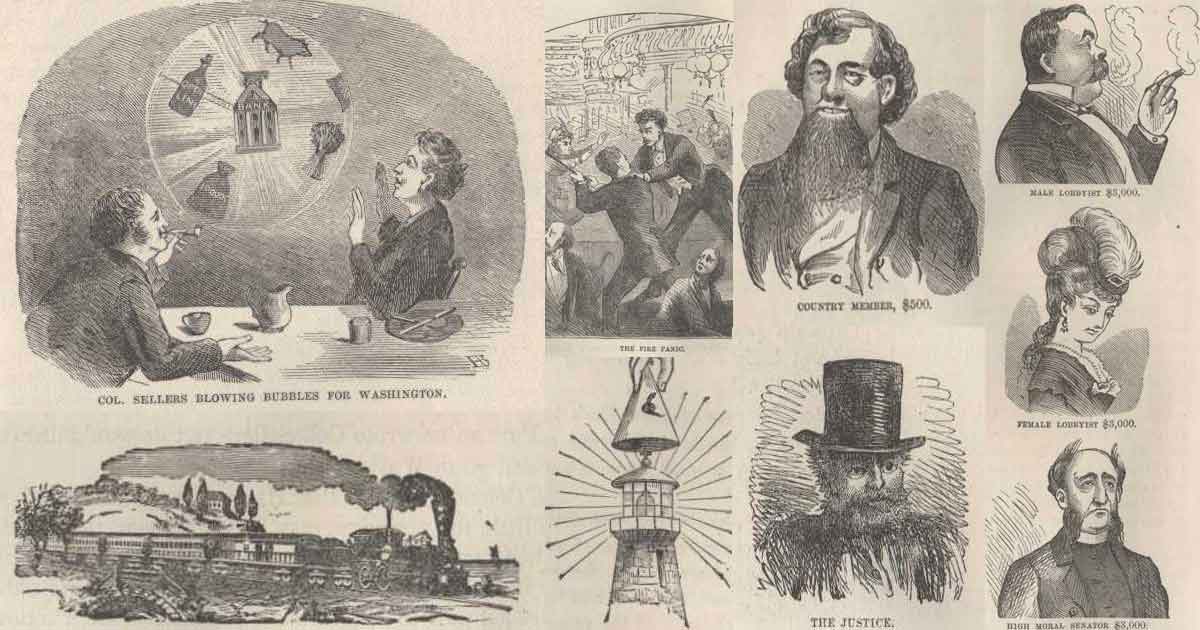
Below we present an annotated version of Andrew Carnegie’s 1889 essay Wealth (better known as the Gospel of Wealth).

Different types of government can be said to be based on a number of attributes like power source, power structure, and economic system.
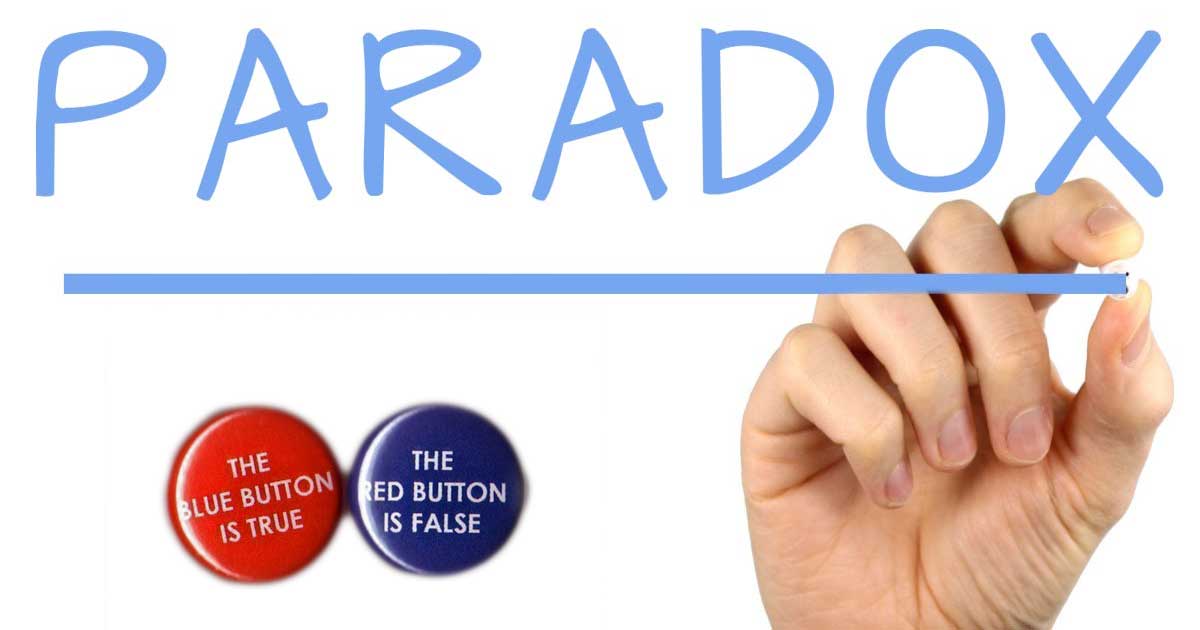
In practice, human action often has paradoxical or unintended effects. Sometimes effects or side effects even have the exact opposite effect as intended.
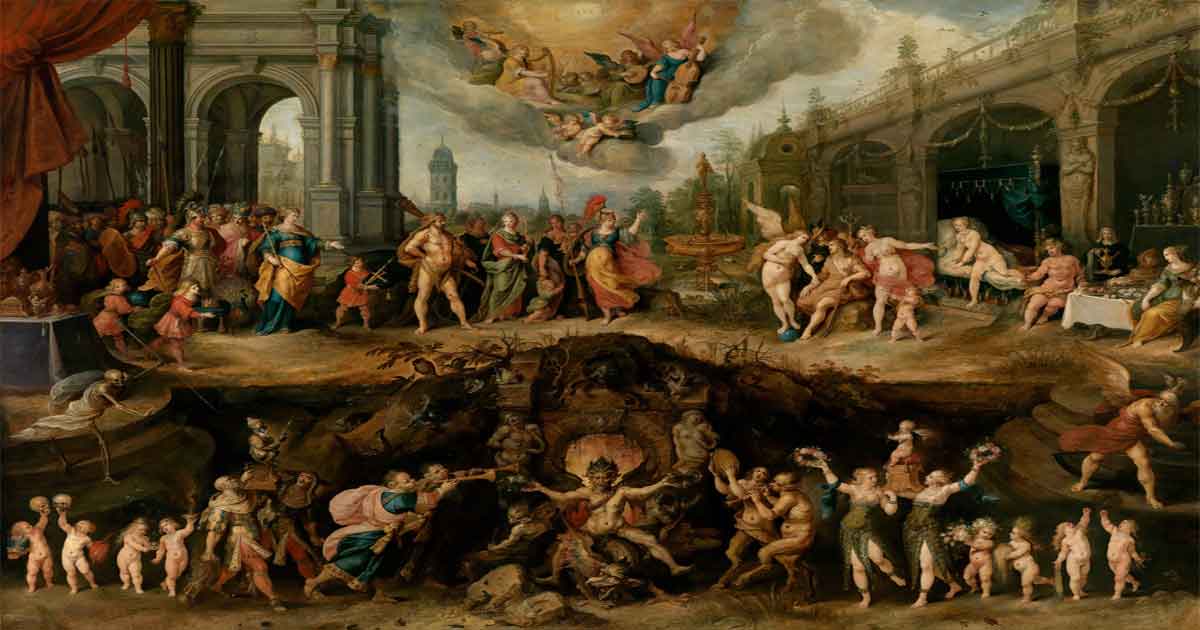
We present a list of vices and virtues and look at vices and virtues as understood by philosophers like Aristotle and Aquinas.
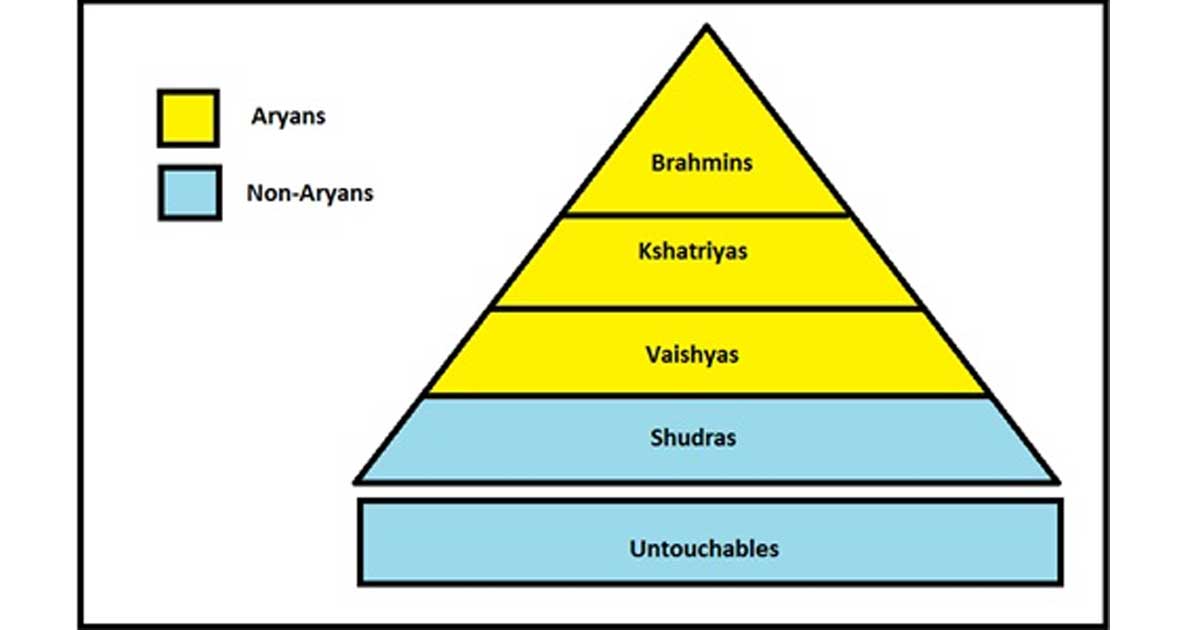
India’s caste system is a class system based on birth. These classes, or “Varnas”, are: Brahmins (priests), Kshatriyas (ruling and military), Vaishyas (merchants and farmers), Shudras (peasants), Dalits (untouchables).
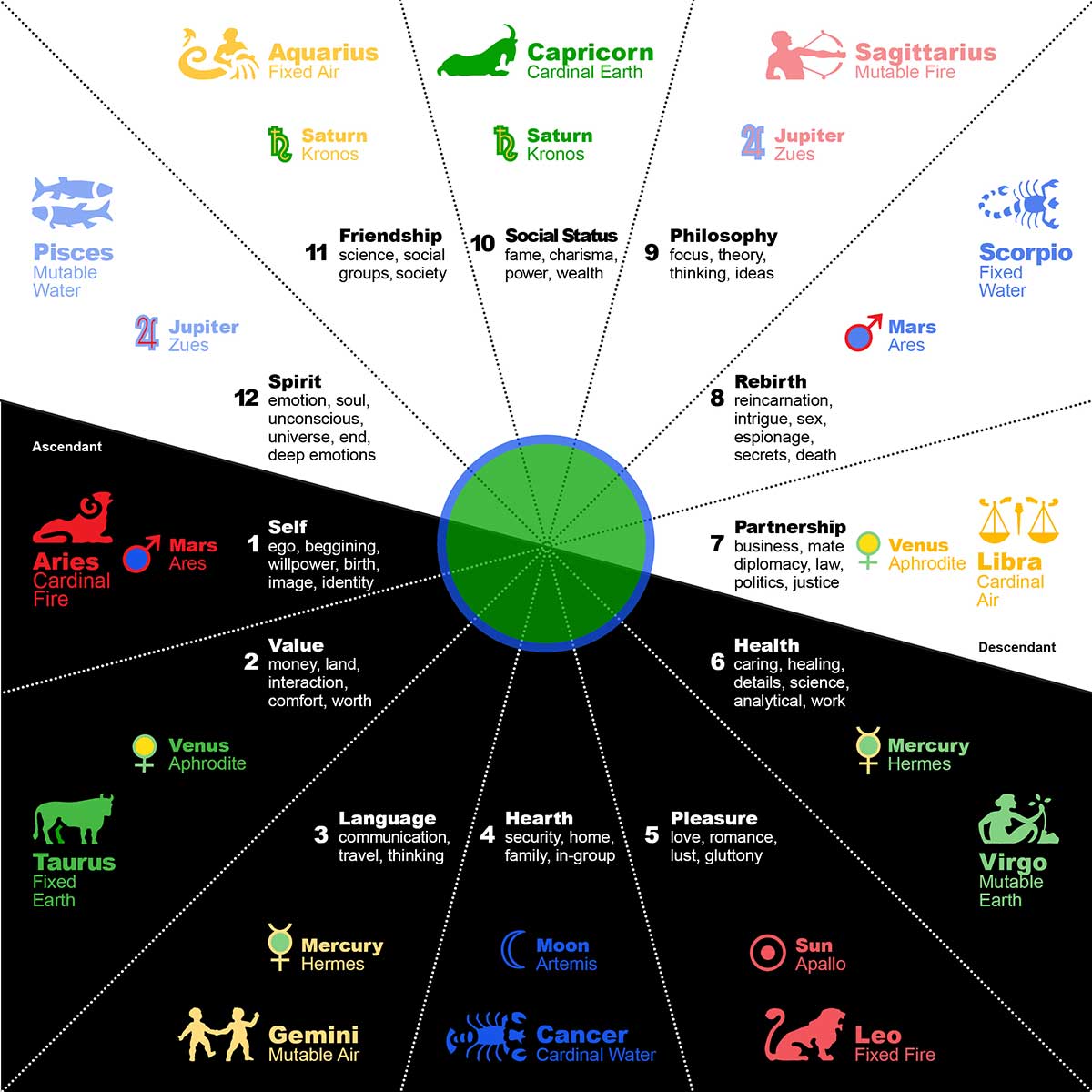
Western Classical Element Theory can be seen as a metaphor the human condition where fire is will and action, air is reason, water is the passions and spirit, and earth is the physical.
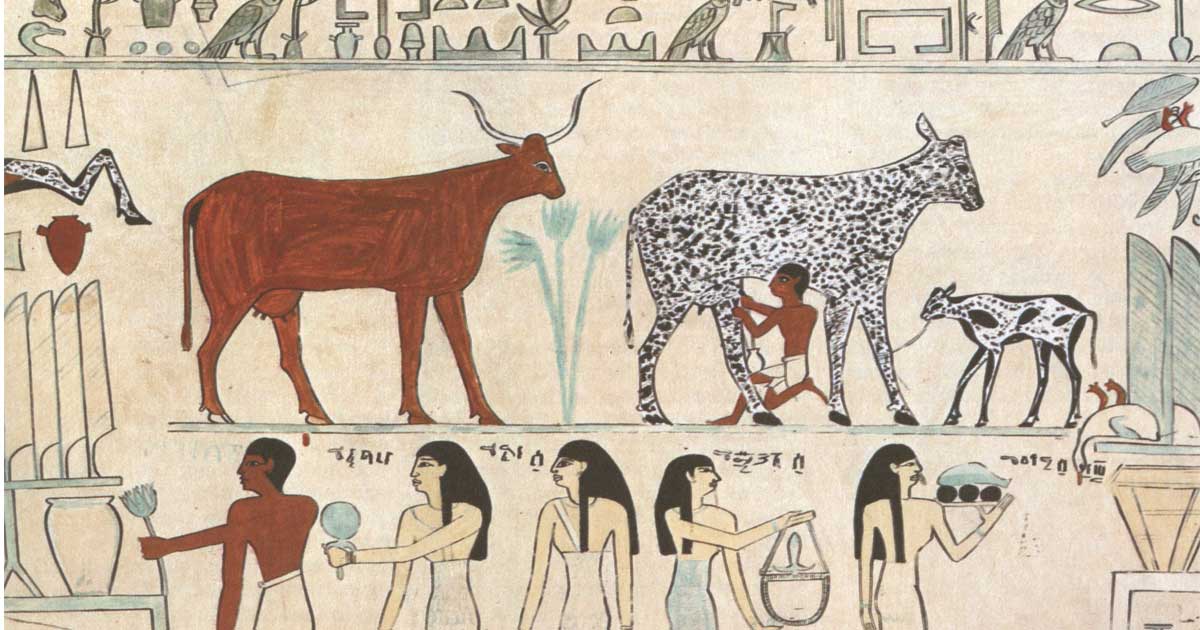
Naturally occurring social systems are systems that naturally arise when societies form, such as politics, economics, mathematics, and language.

The exact origin of the term politically correct isn’t known, although the earliest usage we could find was from 1793 Supreme Court Case Chisholm v. Georgia.